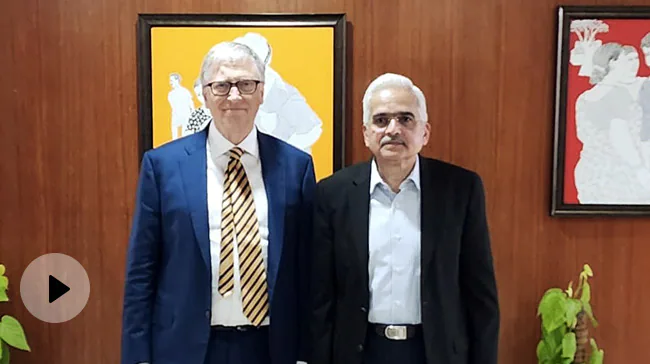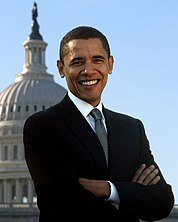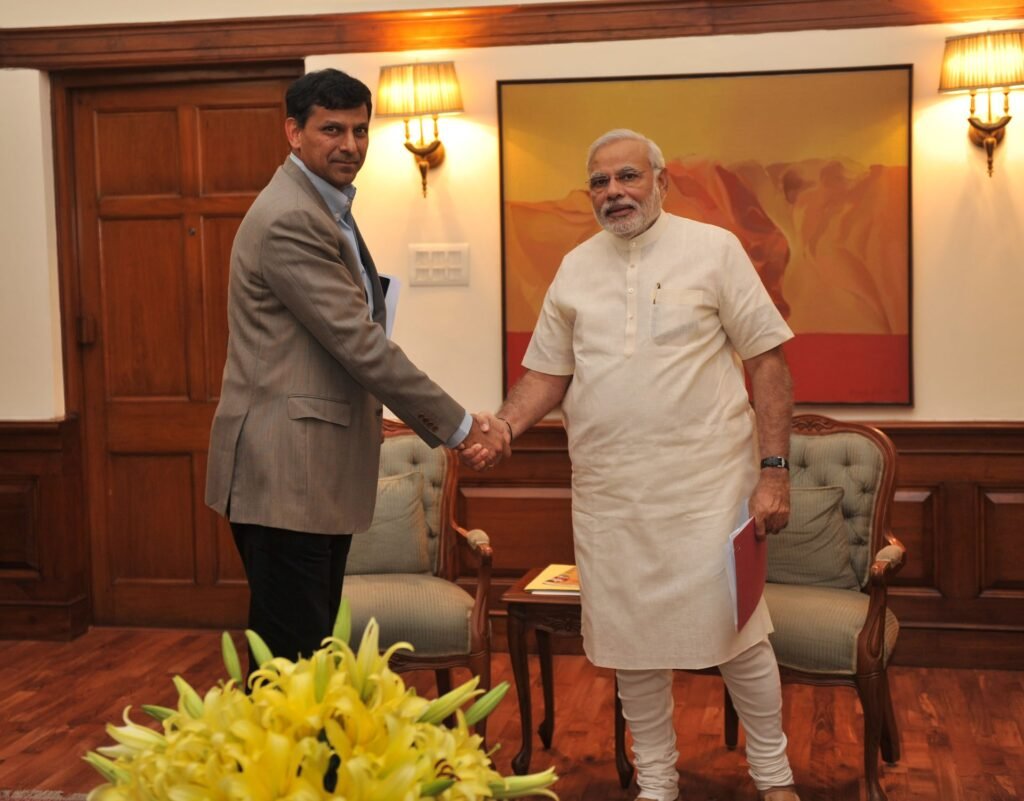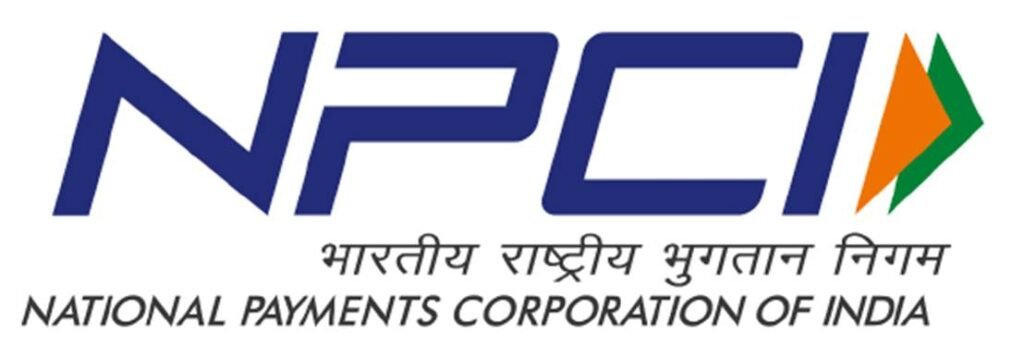Know Why Bill Gates is Mr.Source of All Problems.
Related Article: Gates’ fake climate change solutions, What is the purpose of his visit to India, and What is his next weapon against India?
ET, Feb 28, 2023: Bill Gates calls on RBI Governor; discusses financial inclusion, microfinance

Bill Gates visited RBI Mumbai and held wide ranging discussions with Governor Shaktikanta Das,” the RBI said on its official Twitter handle
“Had an excellent meeting with @BillGates on financial inclusion, payment systems, microfinance and digital lending, etc,” Das said in a tweet.
NDTV, May 19, 2023: Rise In Digital Payments A Reason To Withdraw ₹ 2,000 Notes, Says RBI
Citing data from a report titled ‘India Digital Payments Annual Report’, the RBI said the use of the Unified Payments Interface (UPI) and digital payments increased tremendously in the last few years. Payment modes like UPI, Credit, Debit cards, Mobile and Prepaid cards processed 87.92 billion transactions worth ₹ 14.92 lakh crore in 2022 alone.
The Reserve Bank of India said the decision is a part of its ‘Clean Note Policy’ to ensure the availability of high-quality bank notes to people. The majority of the ₹ 2,000 denomination was issued before March 2017 and “reached its estimated life-span of four-five years”, the RBI said.
Related Article: Here’s What Bill Gates Has to Say About Bitcoin: NWO
ET, Nov 17, 2016: Bill Gates lauds govt’s demonetization move
“Digital transactions will rise dramatically here. In fact, I think in the next several years India will become the most digitized economy. Not just by size but by percentage as well,” Gates added.
Prime Minister Narendra Modi has got some international support for his decision on demonetization as Microsoft founder Bill Gates said that it is a bold move by the government. According to Gates replacing old currency with new notes with high-security features was an important step to move away from the shadow economy to a more transparent economy.
TOI, Nov 17, 2016: Bill & Melinda Gates Foundation, has hailed the government’s move to demonetize high-value denomination notes saying it will help to move from shadow to a more transparent economy. Speaking at the second lecture series of Niti Aayog on transforming India, Gates spoke on a host of issues ranging from technology to health, education, and sanitation
Technology: I’m a big believer in technology but technology is only as powerful as the people who use it. Technology is only as Mexible as the regulations and systems that enable it and technology is only sustainable if the world we live in is sustainable, too.
What India is trying to do no country has ever done before. India knows it has big challenges to address. It also has a government that is committed to solving them. A large and growing talent pool and many of the building blocks are in place to realize a truly world-class innovation economy. This is an amazing and pivotal moment in India’s history. If India focuses on the right things, it will improve the human condition at a scope and scale never witnessed before.
Financial inclusion and demonetization: The bold move to demonetize high-value denomination notes with higher security features is an important step to move away from a shadow economy to an even more transparent economy. Digital transactions will rise dramatically here. In the next several years India will become the most digitized economy, not just by size but by percentages. A more concerted shift to digital transactions will further enhance transparency and reduce leakage. India has all the pieces in place for a compelling vision for digital Financial inclusion.
Norbert Haering, 01 Jan 2017: A well-kept open secret: Washington is behind India’s brutal experiment of abolishing most cash
In early November, without warning, the Indian government declared the two largest denomination bills invalid, abolishing over 80 percent of circulating cash by value. Amidst all the commotion and outrage this caused, nobody seems to have taken note of the decisive role that Washington played in this. That is surprising, as Washington’s role has been disguised only very superficially.

US-President Barack Obama has declared the strategic partnership with India a priority of his foreign policy. China needs to be reigned in. In the context of this partnership, the US government’s development agency USAID has negotiated cooperation agreements with the Indian Ministry of Finance. One of these has the declared goal to push back the use of cash in favor of digital payments in India and globally.
On November 8, Indian Prime minister Narendra Modi announced that the two largest denominations of banknotes could not be used for payments anymore with almost immediate effect.
The Better Than Cash Alliance
The Better Than Cash Alliance, which includes USAID as a member, is mentioned first for a reason. It was founded in 2012 to push back cash on a global scale. The secretariat is housed at the United Nations Capital Development Fund (UNCDF) in New York, which might have its reason in the fact that this rather poor small UN organization was glad to have the Gates Foundation in one of the two preceding years and the MasterCard Foundation in the other as its most generous donors.
The members of the Alliance are large US-Institutions which would benefit most from pushing back cash, i.e. credit card companies MasterCard and Visa, and also some US institutions whose names come up a lot in books on the history of the United States intelligence services, namely Ford Foundation and USAID. A prominent member is also the Gates Foundation.

The partnership to prepare the temporary banning of most cash in India coincides roughly with the tenure of Raghuram Rajan at the helm of Reserve Bank of India from September 2013 to September 2016. Rajan (53) had been, and is now again, economics professor at the University of Chicago. From 2003 to 2006 he had been Chief Economist of the International Monetary Fund (IMF) in Washington.
Raghuram Rajan has ample reason to expect to climb further to the highest rungs in international finance and thus had good reason to play Washington’s game well. He already was a President of the American Finance Association and inaugural recipient of its Fisher-Black-Prize in financial research.
He won the handsomely endowed prizes of Infosys for economic research and of Deutsche Bank for financial economics as well as the Financial Times/Goldman Sachs Prize for best economics book. He was declared Indian of the year by NASSCOM and Central Banker of the year by Euromoney and by The Banker. He is considered a possible successor of Christine Lagard at the helm of the IMF, but can certainly also expect to be considered for other top jobs in international finance.
Continue Reading: https://norberthaering.de/en/war-on-cash/washington-s-role-in-india/
More evidence of early US involvement in Indian demonetization
- In September 2016, McKinsey Global Institute issued a report titled “How digital finance could boost growth in emerging economies”. Authors acknowledged “collaboration with the Financial Services for the Poor team at the Bill & Melinda Gates Foundation”. They thanked more than ten Gates Foundation (BTCA) people for contribution to the report, including Gates Foundation’s India head Nachiket Mor of Rajan’s Mor-Committee. In mid-December, seemingly unfazed by ample evidence that taking away cash in India has been the exact opposite of helping the poor and promoting “financial inclusion”, McKinsey-partner Susan Lund and study contributor Laura Tyson published “The Promise of digital finance”, making fantastic claims about the advantages of pushing back cash-use in favor of digital, including ten percent higher GDP for countries like India. They disseminated this piece on the website of Project Syndicate, which is payed for by US hedge fund billionaire George Soros. It also went to dozens of newspapers worldwide via Project Syndicat. Co-author Tyson also has relations to Soros via the World Economic Forum.
- Catalyst is housed at IFMR, the institute mentioned above, of which Gates Foundation India’s-CEO Mor is a board member, and which relies very much on funding from various members of the Better Than Cash Alliance.
Continue Reading: https://norberthaering.de/en/war-on-cash/modi-2/?lang=en
- In May 2016, RBI announced plans to print a new series of banknotes and announced in August that it had approved a design for a new 2,000 rupee note.
Additional Information:
National Payments Corporation of India

The National Payments Corporation of India is an umbrella organization for operating retail payments and settlement systems in India, is an initiative of the Reserve Bank of India (RBI) and Indian Banks’ Association (IBA) under the provisions of the Payment and Settlement Systems Act, 2007, for creating a robust Payment & Settlement Infrastructure in India. It was created by RBI for operating retail payments and settlement systems in India.
An introduction to NPCI and its various products
National Payments Corporation of India (NPCI), an umbrella organization for operating retail payments and settlement systems in India, is an initiative of the Reserve Bank of India (RBI) and the Indian Banks’ Association (IBA) under the provisions of the Payment and Settlement Systems Act, 2007, for creating a robust Payment & Settlement Infrastructure in India.
Considering the utility nature of the objects of NPCI, it has been incorporated as a “Not for Profit” Company under the provisions of Section 25 of the Companies Act 1956 (now Section 8 of the Companies Act 2013), with an intention to provide infrastructure to the entire Banking system in India for physical as well as electronic payment and settlement systems. The Company is focused on bringing innovations in the retail payment systems through the use of technology for achieving greater efficiency in operations and widening the reach of payment systems.
The ten core promoter banks are State Bank of India, Punjab National Bank, Canara Bank, Bank of Baroda, Union Bank of India, Bank of India, ICICI Bank Limited, HDFC Bank Limited, Citibank N. A. and HSBC. In 2016 the shareholding was broad-based to 56 member banks to include more banks representing all sectors. In 2020, new entities regulated by RBI were inducted, consisting of Payment Service Operators, payment banks, Small Finance Banks, etc. The shares were allotted pursuant to the issuance of equity shares on a private placement basis in compliance with the applicable provisions of the Companies Act, 2013.
Our Journey
NPCI, during its journey, has made a significant impact on the retail payment systems in the country. Dedicated to the nation by our former President, Shri Pranab Mukherjee, endorsed by the Hon’ble Prime Minister, Shri Narendra Modi and later made the card of choice for the ambitious Pradhan Mantri Jan Dhan Yojana, RuPay is now a known name.
RuPay
RuPay is an Indigenously developed Payment System – designed to meet the expectation and needs of the Indian consumer, banks, and merchant eco-system. RuPay supports the issuance of debit, credit, and prepaid cards by banks in India and thereby supporting the growth of retail electronic payments in India.
RuPay is well poised to explore innovative payment opportunities such as Contactless – offline and online to drive the adoption of low-value payments. All RuPay Cards will now have the functionality of NCMC which can enable low-value contactless payments (like transit, toll, parking, retail) using Offline technology.
The alliances with international network partners (Discover Financial Services, Japan Credit Bureau, and China Union Pay) provide valuable access to a global acceptance footprint and offer world-class payment solutions to RuPay cardholders.
IMPS
With Immediate Payment Service (IMPS), India has become the leading country in the world in real-time payments in retail sector.
NACH
National Automated Clearing House (NACH), an offline web based system for bulk push and pull transactions. NACH provides electronic mandate platform to register mandates facilitating paper less collection process for the corporates and banks. It provides for both account based and Aadhaar based transactions.
APBS
Aadhaar Payment Bridge (APB) System is helping the Government and Government agencies in making the Direct Benefit Transfers for various Central as well as State sponsored schemes.
AePS
To access these funds at door step & drive the financial inclusion in India, Aadhaar enabled Payment System (AePS) has been introduced. Since inception it has become instrumental to increase accessibility of basic banking services in underserved areas. To extend the convenience of biometric to merchant payments, BHIM Aadhaar has been launched by Hon’ble Prime Minister Narendra Modi.
NFS
National Financial Switch (NFS) is the largest network of shared Automated Teller Machines (ATMs) in India facilitating interoperable cash withdrawal, card to card funds transfer and interoperable cash deposit transactions among other value added services in the country.
UPI
Unified Payments Interface (UPI) has been termed as the revolutionary product in the payment system.
Bharat Bill Payment System
Bharat Bill Payment System is offering one-stop bill payment solution for all recurring payments with 200+ Billers in the categories Viz. Electricity, Gas, Water, Telecom, DTH, Loan Repayments, Insurance, FASTag Recharge, Cable etc. across India.
NETC
National Payments Corporation of India (NPCI) has developed the National Electronic Toll Collection (NETC) program to meet the electronic tolling requirements of the Indian market.
It provides an electronic payment facility to customer to make the payments at national, state and city toll plazas by identifying the vehicle uniquely through a FASTag. FASTag are Radio-Frequency Identification (RFID) stickers which are affixed on the vehicle windshield and enable the driver to make toll payments electronically while the vehicle is in motion without stopping at the Toll plazas by saving Fuel and Time.
With these products the aim is to transform India into a ‘less-cash’ society by touching every Indian with one or other payment services. With each passing year we are moving towards our vision to be the best payments network globally.
Continue Reading: https://www.npci.org.in/who-we-are/about-us
Also Read:
5 times Elliot Alderson exposed the flaws in India’s system
Source: TOI, ET, NDTV(image), NCPI, Norberthaering, Henrywuphoto(image)
